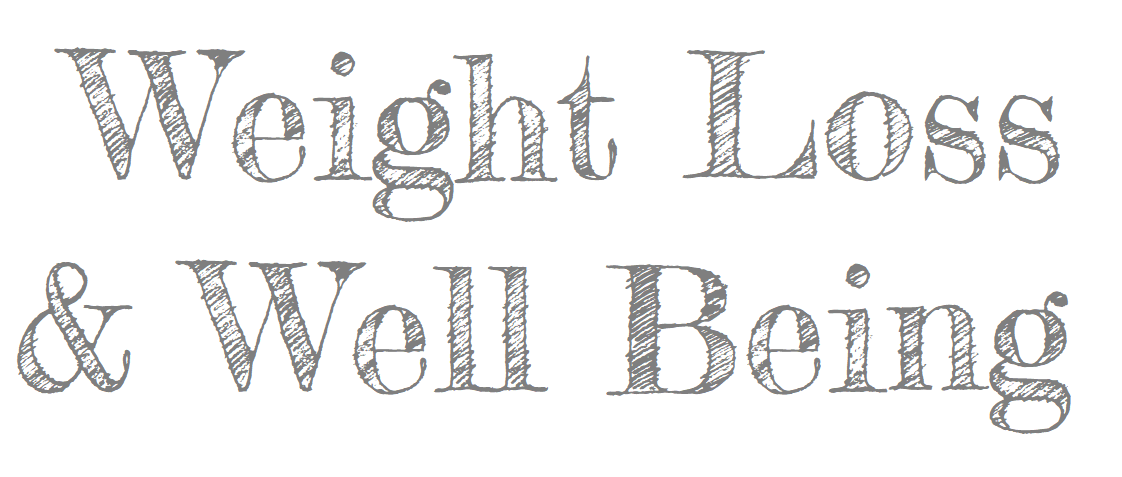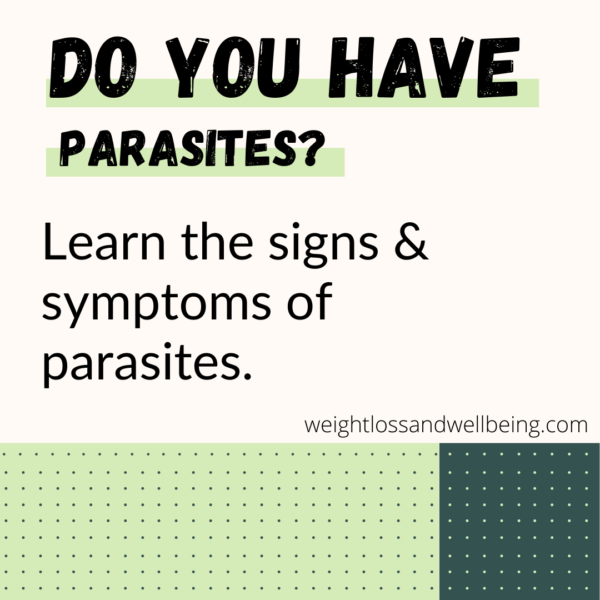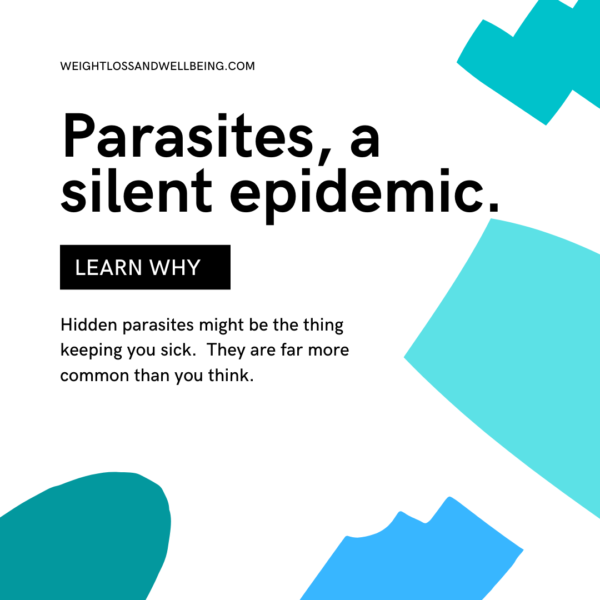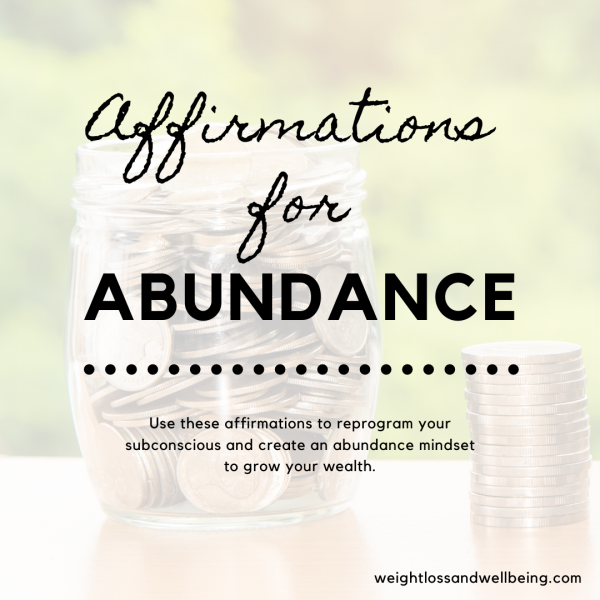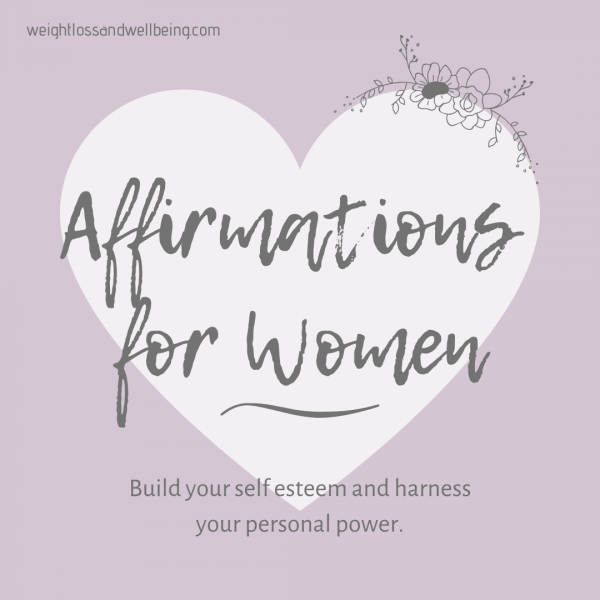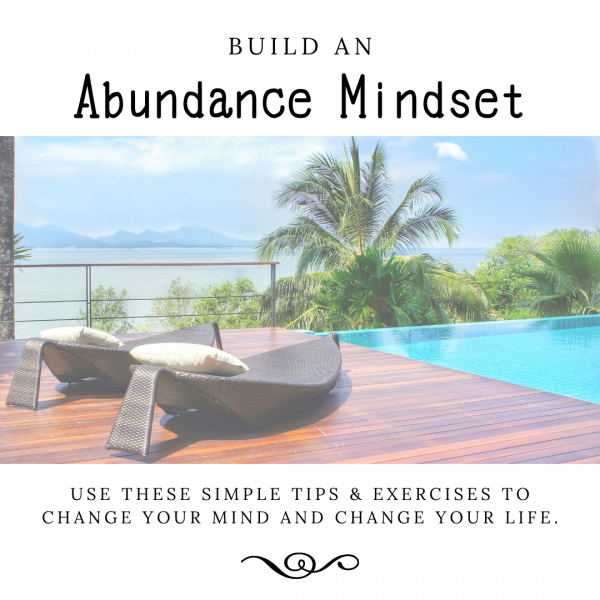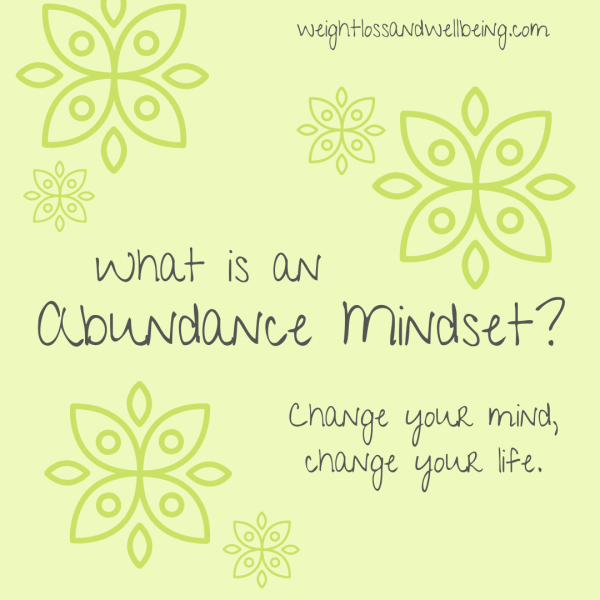What is an influencer? Well, influencers have opinions and coupon codes, and that’s pretty much it. They are not pillars of health and wellness or necessarily even knowledgeable.
I’ve been getting really frustrated with social media lately. Basically, I’m in a constant state of frustration with most health and wellness advertisements. Whether they are made by companies or individuals. I hate that they prey on people at their lowest and take advantage of their desperation.
But recently, I’ve been getting more and more upset with those who are buying into these lies. And I really have to take a minute to clarify a few things:
1. Influencers have opinions and coupon codes. That’s it.
Even I forget this at times. We look up to these people, value their opinions, respect their knowledge, and in some cases envy their lives. But it is really important to put #influencers in their context.
They are not medical professionals, healthcare providers, or seasoned researchers. They are just people with their own experiences and opinions. Some may apply to you, and some may not. It is so important to remember that their knowledge may not be universal, applicable, or even accurate.
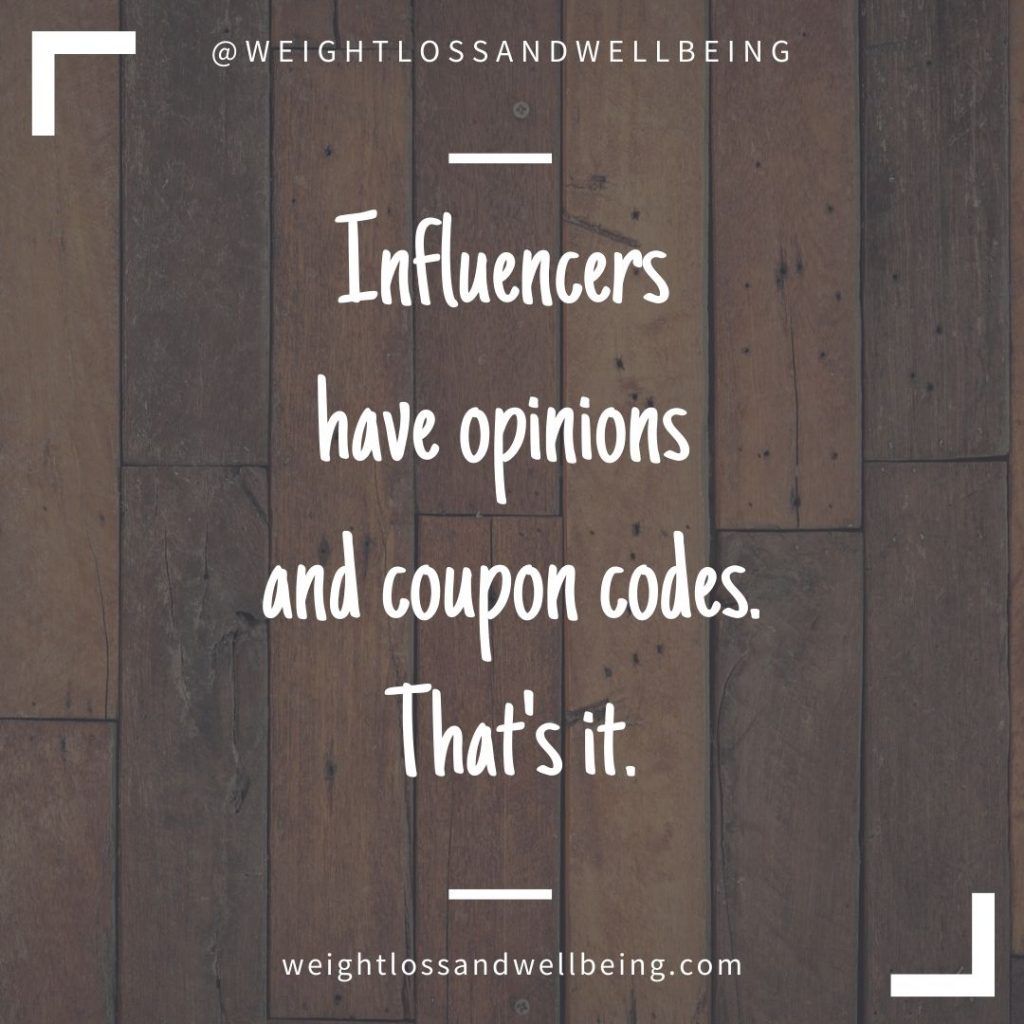

So when you’re favorite #influencer starts telling you that they love this green powder that is supposed to replace vegetables, and don’t worry she has a 10% off code.
Well, odds are she’s being compensated to make these wonderful claims. She may not even have tried this product prior. And there are quite a few people lacking scruples who will happily recommend any product or brand that slides into their DMs.
Here’s your reminder that there are so many free and easily accessible resources on the internet that can provide you with accurate science and research based information. So you don’t have to buy a “Booty Guide” or “Meal Plan” from someone on Instagram.
2. Stop asking Influencers things you should ask your doctor.
I can’t believe I have to say this, but I have seen it too many times. Here’s the scenario:
You follow a weight loss influencer who has lost some weight and has a large following. I guarantee in their comments you will see, “What workout should I do for my bad knee?”
What? Why are you asking this weight loss Influencer a question that you should be asking a physical therapist.
This person is not a medical professional, they simply lost weight. You do not have to be knowledgeable or healthy to lose weight. This person does not have the experience or information to answer your question appropriately.
Direct your questions to actual healthcare providers, because these people do not have what you need. And if they do try to give you an answer I can guarantee you should not take it.

3. Look for the influencers credentials.
Schooling, education, and certificates are not all equal. Nor is the experience that someone has who has simply lost weight themselves, versus someone who has helped hundreds of people lose weight.

Who wrote that meal plan? Is she educated in nutrition, or did she just lose weight. Who wrote that booty guide? A girl with a naturally nice rear, or someone who started as a pancake.
Just because they managed it for themselves, does not mean they did it the right way, or know how to help someone else do it.
4. Be wary of what an Influencer is selling.
If your’re getting your health and fitness advice from advertisements, you’re doing it wrong. Everyone, absolutely everyone is trying to sell you something. But you definitely do not need it to be healthy and fit.
Stop listening to companies with products for health tips. Find information that is unbiased and doesn’t require you to buy a product to succeed.
And remember that they should be clear about any paid sponsorships and advertising commissions. The FTC has very specific guidelines. It’s so important to know if someone has bias in their recommendations.
5. Stop looking to 20 year olds with good genetics for health and fitness advice.
This is my absolute biggest gripe with social media. Many young women have realized they can use their good genetics to market fat loss and booty building plans to those less fortunate. A 20 year old does not have the life experience to provide advice to a middle-aged woman facing completely different challenges. They won the genetic lottery, and are able to misrepresent their bodies in a way to sell health and fitness products.
Stop looking to them, their information is most likely bland, generic, or wrong. Find people who face the similar challenges you do, started in the same place, or have experience with different ages, body types, and health statuses.
